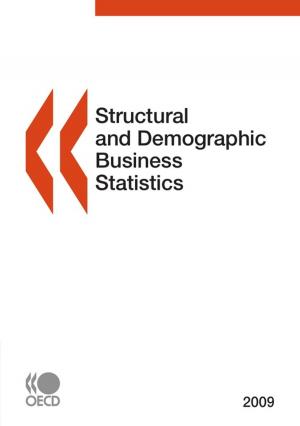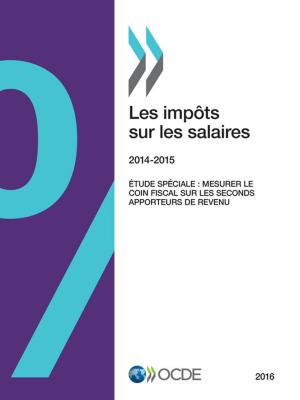Improving the Practice of Transport Project Appraisal
Business & Finance, Industries & Professions, Industries| Author: | Collective | ISBN: | 9789282103081 |
| Publisher: | OECD | Publication: | April 19, 2011 |
| Imprint: | OECD | Language: | English |
| Author: | Collective |
| ISBN: | 9789282103081 |
| Publisher: | OECD |
| Publication: | April 19, 2011 |
| Imprint: | OECD |
| Language: | English |
Cost-benefit analysis (CBA) is indispensable for making good decisions on what transport projects to fund. It essentially aims to figure out which projects offer the best value for money. However, the practical relevance of CBA does not always live up to its appeal in principle. One problem is that there is sometimes disagreement over what to include in CBA, both on the cost side and the benefits side of the analysis. As a result, value for money is not always fully transparent. More politically, value for money is only a partial criterion for decision-making, leading to disagreement about the relative importance of the results from CBA compared to other inputs to the decision-making process.
This report examines the extent to which these shortcomings can be addressed. In terms of what to include in CBA, discussion focuses on equity and distributional impacts, productivity effects, agglomeration benefits and external costs. The focus then turns to how best to present guidance on project selection to decision makers. The report includes papers on the way CBA is used in three countries – France, Mexico and the United Kingdom – and how it is evolving in response to changing policy priorities.
Cost-benefit analysis (CBA) is indispensable for making good decisions on what transport projects to fund. It essentially aims to figure out which projects offer the best value for money. However, the practical relevance of CBA does not always live up to its appeal in principle. One problem is that there is sometimes disagreement over what to include in CBA, both on the cost side and the benefits side of the analysis. As a result, value for money is not always fully transparent. More politically, value for money is only a partial criterion for decision-making, leading to disagreement about the relative importance of the results from CBA compared to other inputs to the decision-making process.
This report examines the extent to which these shortcomings can be addressed. In terms of what to include in CBA, discussion focuses on equity and distributional impacts, productivity effects, agglomeration benefits and external costs. The focus then turns to how best to present guidance on project selection to decision makers. The report includes papers on the way CBA is used in three countries – France, Mexico and the United Kingdom – and how it is evolving in response to changing policy priorities.















